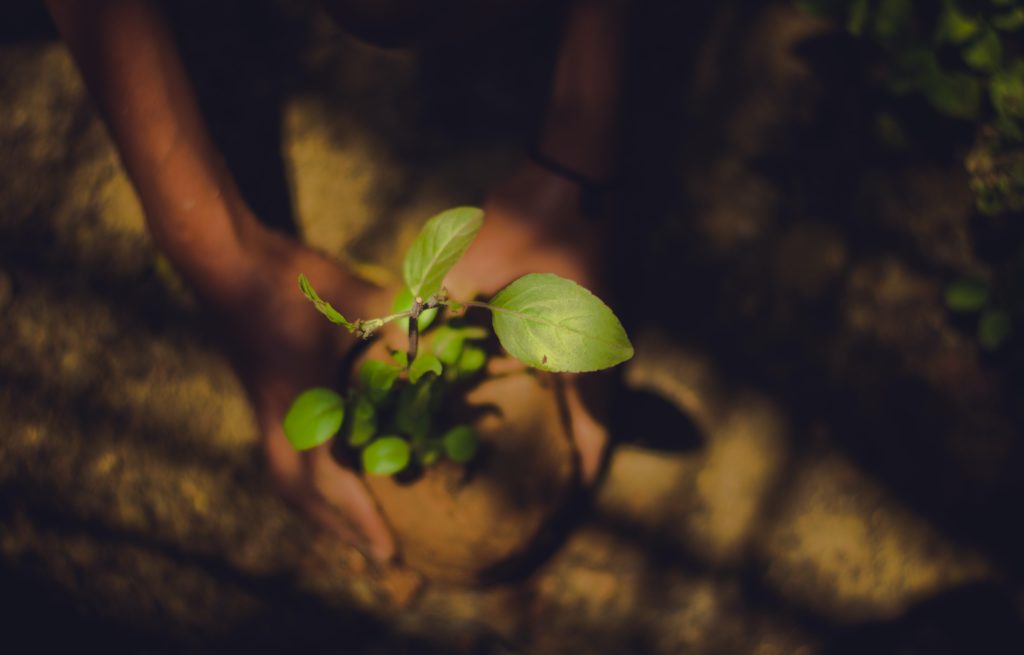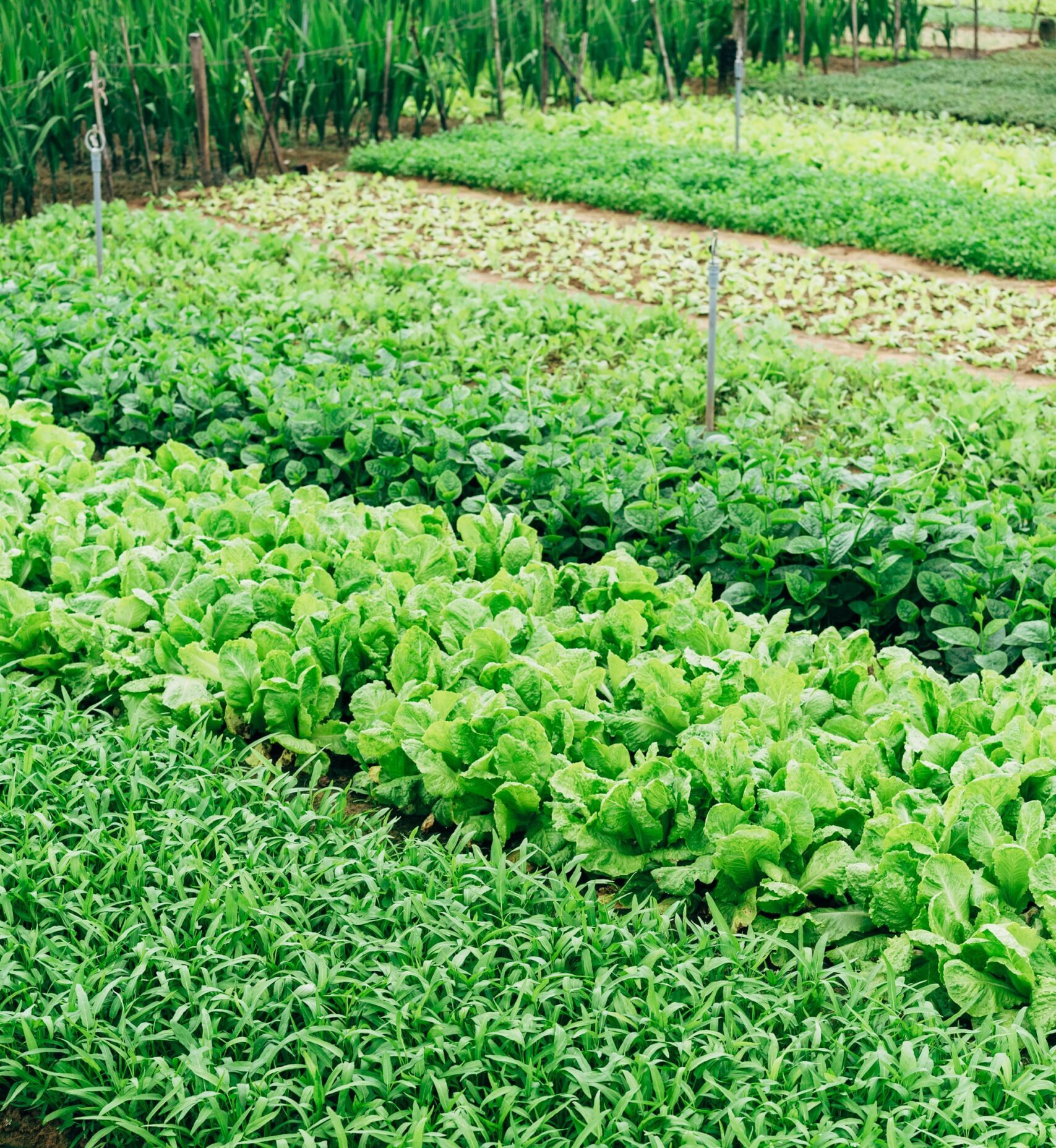Nike, Marriott, Etsy, The New York Times, United Airlines, and Lyft are just some companies that use carbon offset programs to reduce their carbon footprints. Carbon offsetting is essentially the process of paying another organization to offset your carbon emissions through various carbon-capturing projects. The four main projects are forestry, renewable energy, community projects (these help bring energy-efficient technology to underprivileged communities around the world), and waste to energy (a technology that captures methane and converts it into electricity). The most popular carbon offset programs are forestry initiatives that plant a certain number of trees that, when fully grown, will absorb as much carbon as the individual’s or business’s carbon footprint.
However, there are some issues with this type of carbon offsetting. The first is that with an ever-growing human population, we only have so much land to plant all of these trees. And if companies continue to think they can just pay someone else to plant trees while they continue exploiting resources and emitting more carbon, we will very quickly get to a point where there can be no more trees planted, and carbon emitted is continuing to exceed carbon absorbed. Then there’s also the problem of the emissions created from planting the trees. The organizations plant young saplings for a greater chance of survival of the tree. These saplings have to be purchased from the supplier and then transported by either plane or truck to the land that will be used for planting. These options create emissions themselves that are often not accounted for since carbon offsetting is still not a fully regulated industry.
However, there is an even worse problem created by the carbon offsetting business that is not often discussed. The land that is used for planting “carbon offset” trees can’t be random land. Land must be designated for these forestry projects. Many of these organizations participate in “land grabbing,” where previously unclaimed lands are purchased at cheap rates. But just because the land wasn’t previously claimed does not mean it is empty; there have been several cases of indigenous or tribal communities being forcefully displaced because their land was purchased in a land grab by a carbon offset organization.
In Africa, the dark side of carbon offsetting has already caused the death of innocent people. In 2014, the Kenya Forest Service, funded by the World Bank, made it into the news because of horrific actions against the Sengwer community, which had ancestral lands in the area “grabbed” up for carbon offset forestry. Community members were beaten, threatened, and even arrested in an effort to clear out the land in preparation for tree planting. Their homes were destroyed, animals that strayed too close to organization territory were taken, and agricultural land was destroyed. Land grabs like these wreak havoc on local communities and restrict their access to food, water, and shelter within their own ancestral lands.
Regions involved in land grabs often have virgin soils meaning they haven’t been treated previously through industrial methods. However, when organizations claim them for carbon offsetting, chemicals are usually used for weed and pest control which can cause irreparable damage to the land to be used for agriculture and the ecosystems that were previously present. All of this has been done in the name of the conservation of our planet. Yet, people and ecosystems are being hurt and destroyed in the process. In the meantime, companies are proudly boasting about how sustainable and ethical they are.
Climate change does not affect everyone equally. Some of the countries that have contributed the least to the uncontrollable emissions that are suffocating our planet are being affected the most. BIPOC communities all over the world are being affected the most by these dark efforts to be green as governments and organizations push them out of their homes, offering little to no help relocating in order to create new forests, nuclear plants, or renewable energy farms. The people have to be protected while protecting our planet. Carbon offsets were never, and never will be, enough to save us. Companies must take the responsibility to change their actions and reduce their emissions. Their goals should be to achieve zero emissions, not “net-zero.” Environmental responsibility must go hand in hand with social responsibility.
Get more like this—Sign up for our daily inspirational newsletter for exclusive content!
____
Kasturi Laxmi Mohit on Unsplash





